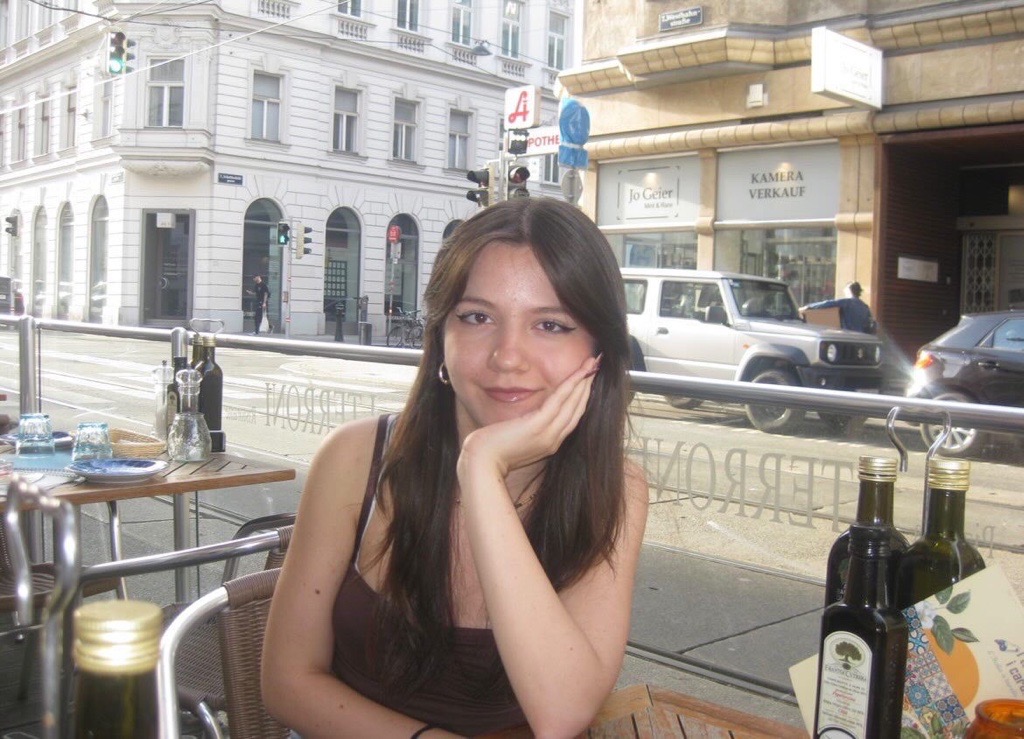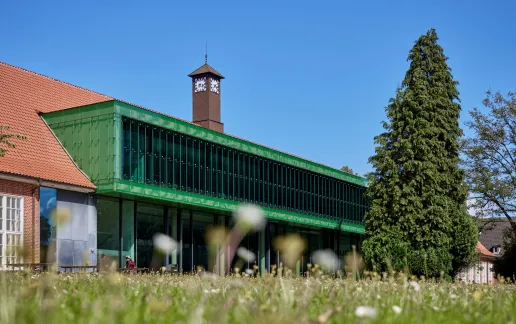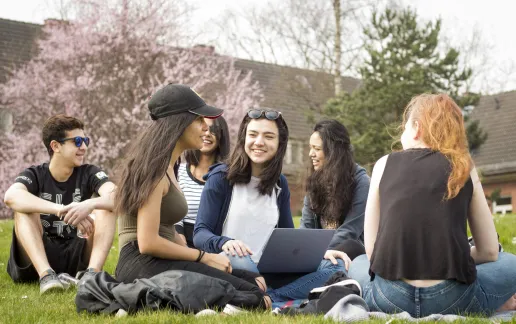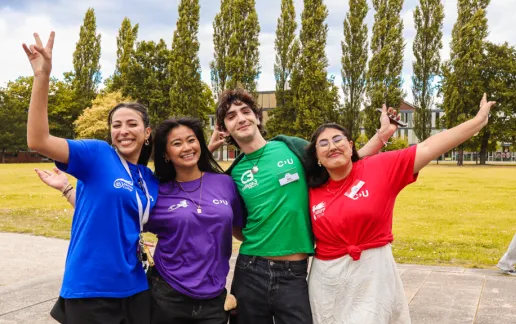Albanian is one of Europe’s oldest living languages. Its standard form is based on Tosk (south), while Gheg (north) remains dominant in Northern Albania and Kosovo. Accents map geography: vowels and rhythm, shift from city to mountain, coast to plain. Same language, different grooves.
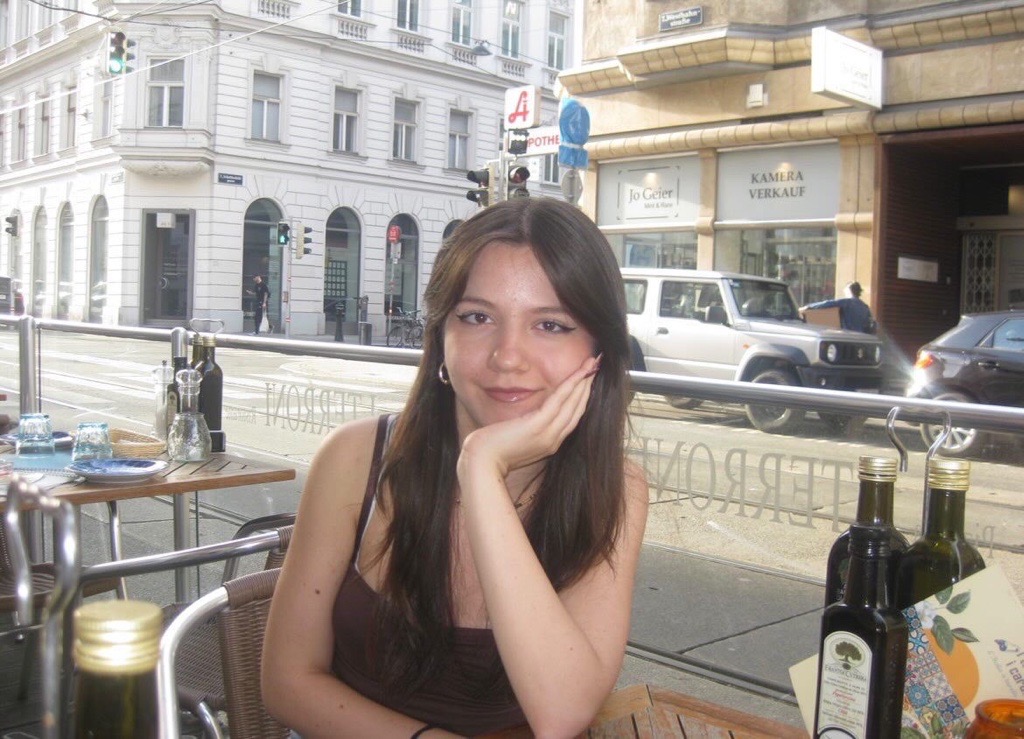
Today we’re talking about the Albanian language, and interviewing Vesa Zeqiri, a third-year BCCB student from Kosovo.
I ask where she’s from, which languages she speaks, and which one is native. “I’m from Prishtina, so my native language is Albanian. I also speak English and some German, but Albanian is the one I grew up with, so it has a special place in my heart.”
I ask what she loves most about Albanian. “What I love most about Albanian is how expressive and full of emotion it is. There are words and phrases in Albanian that just don’t translate well into English.”
I ask if language shapes how people think. “I do think language shapes the way people think. Albanian has a lot of poetic expressions and proverbs, and I feel like that gives people a certain directness but also a sense of humor and resilience in the way they see life.”
I ask about a stereotype outsiders have that isn’t true. “A stereotype people have is that Albanian sounds harsh or aggressive, but that’s not true at all. When you understand it, it can be very soft and musical, especially in poetry or songs.”
I ask how it feels to hear Albanian abroad. “When I hear Albanian spoken abroad, it instantly feels like home. It’s a mix of pride and comfort, like hearing a piece of yourself in a completely different world.”
I ask whether its age and uniqueness make her proud. “And yes, knowing that Albanian is one of the oldest languages in Europe makes me proud. It has survived so much history, and it’s still ours.”
I ask how she’d describe the grammar and dialects to a learner. “The grammar and dialects can definitely be tricky for learners because we have two main dialects, Gheg in the north and Tosk in the south, and they can feel like two versions of the same language. But once you get into it, you realize they both carry so much culture and tradition.”
I ask if Albanian carries a special sense of identity worldwide. “Albanian definitely carries a strong sense of identity for Albanians worldwide. It connects people, even if they’ve never met before.”
I ask for a proverb that shows Albanian values. “Shoku i mirë njihet në ditë të vështira”—A good friend is known in difficult times. That says a lot about how Albanians see friendship and loyalty.
To close, I ask for one Albanian word she won’t translate because other languages can’t carry it. She pauses, then gives this: ‘më ka marrë malli’ which quite literally means “I miss you,” but it carries a deeper sense of longing and warmth that English doesn’t quite capture.
